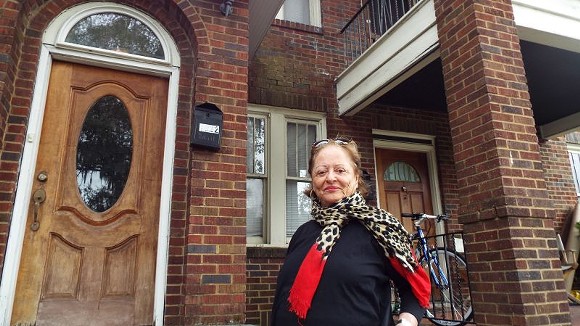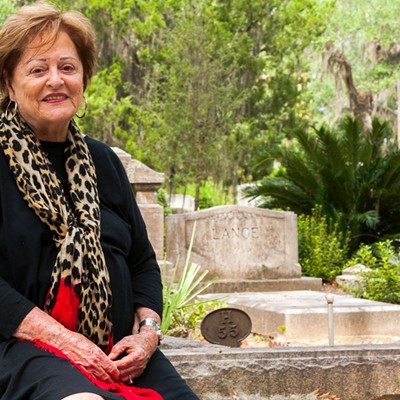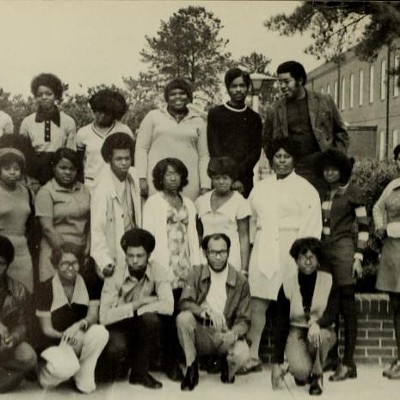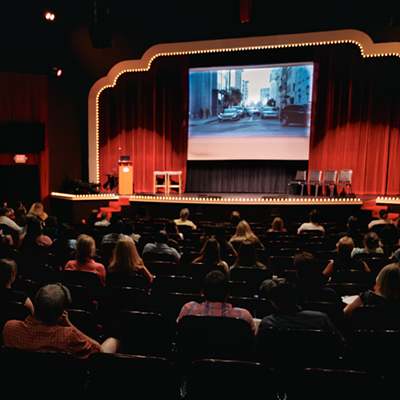WITTY and irrepressible 89-year-old Savannah writer Miriam Center has lived on East 55th Street since 2002.
That’s growing moss by her U-Haul loving standards.
“Thirteen years?” she asks. “I don’t remember being anywhere that long in my life!”
Center, author of the book Scarlett O’Hara Can Go To Hell and the play Johnny and Me, has lived in 14 homes in Savannah and several more in California and New York.
She recently invited me on a tour of her former Savannah addresses. Knowing some of her background, I jumped at the chance. A white liberal Jewish woman in the South, she knew the great Johnny Mercer and the infamous Jim Williams. She sold real estate in pre-SCAD Savannah.
A former politico, she married and divorced longtime alderman Leo Center and ran for office twice herself, losing to Edna Jackson in 1999.
Her son Tony is a Chatham County Commissioner; her son Scott ran the Edna Jackson campaign which defeated her.
This was going be some tour!
“I move like a gypsy when I look back at it,” she says. “I think deep down I’m restless.”
That restlessness came from her parents, Russian immigrants who started her life at an apartment on West Charlton Street in 1929. Let the year sink in!
The historic mansion has a pool today. But Center remembers dirt floors downstairs where another family boiled laundry to hang in the yard.
A confectionary was out back. “We bought Tootsie Rolls for a penny,” she says.
Center lived within a block of sweet shops at least four times, including on West 40th Street, where in an apartment, when she was five, her father attempted suicide.
“He kept pacing up and down saying, ‘Goodbye little girls, goodbye,’” she recalls. “He took poison.”
She listened to FDR on the radio and closed the curtains during WWII scares at an apartment now across from Green Truck Pub.
“It was like a shtetl,” she says of the eight-unit residence, called Tomochichi Apartments. “The families would get together. I babysat for all of them.”
Lots of Jews lived nearby, she says, firing off names. I didn’t know how Savannah’s Jewish community moved from neighborhood to neighborhood until Center told me.
I asked how her religion, gender and politics made her stand out. “It was difficult,” she says. “But since I don’t give a damn what people think, it doesn’t bother me.”
Center didn’t give a damn in the 1950’s when proper Southern ladies sat at home playing cards. Instead, she pursued a career in the boys-only world of real estate.
“All my friends thought I was crazy,” she says on East Park Avenue, where she pushed both her career and babies in strollers. “Those were the happiest years of my life.”
Moving to the suburbs, she found green pastures, but no idyll, on Bacon Park Drive.
She talks about a car crash, a murder, a drug overdose, a drowning and other tragedies involving families that lived around hers. Then her own tragedies struck.
“My oldest son died of a brain tumor,” she says. And moving around the corner, to Sweet Briar Circle, she notes “This is where my marriage began to fall apart.”
A novelist could write the rest. Another move brings freedom. Another brings spiritual awakening.
We only had time for nine of her former homes. But I definitely learned a lot more than “how the neighborhood has changed.”
“If you are who you are, it doesn’t make a difference what other people think,” she says.
Maybe she’ll live past 100 with that outlook. But maybe not in Savannah.
“We went to Beaufort last week for three days and I said ‘Let’s move to Beaufort!’” she says. “I’m feeling a spirit.”





























